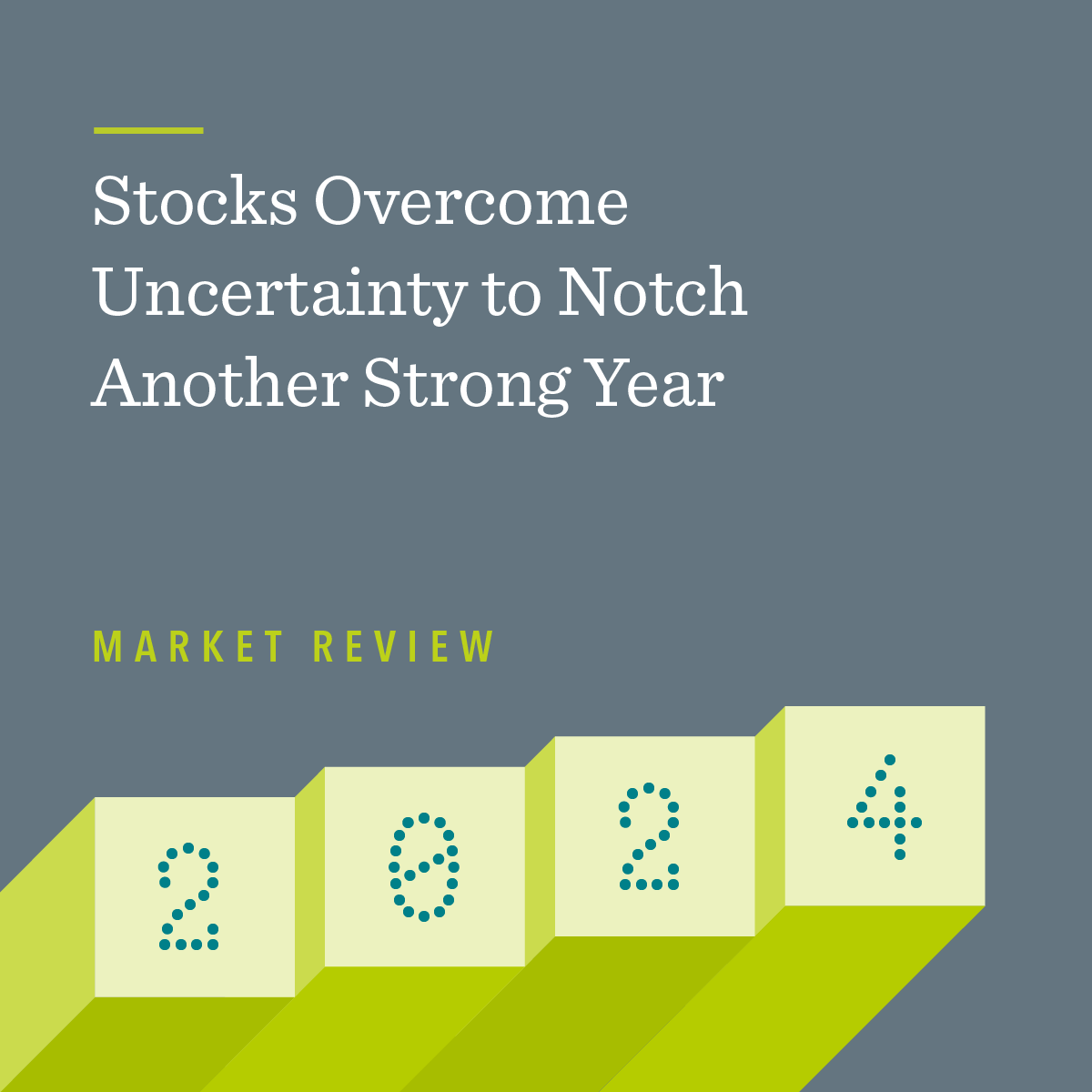As Benjamin Franklin once said, “The only thing certain in life is death and taxes.” While that may sound a bit harsh, it’s reality that makes planning for both the expected and unexpected a high priority as we get older, have more responsibilities, and our financial pictures become clearer. In particular, this is true for high achievers who have accumulated substantial wealth that will be even greater in the future.
This makes having a comprehensive estate plan in place based on your unique circumstances and intent a real necessity. There are plenty of estate planners who can assist you in developing a basic plan that addresses your financial concerns, needs, and desires. However, you may be better served working with a fee-only financial advisor who is also a fiduciary who has intimate knowledge of your dreams, goals, and challenges. The question for this article is why?
A fee-only fiduciary financial advisor in Chicago brings objectivity, transparency, and a commitment to your best interests, which are crucial when dealing with issues that impact your future financial well-being. A financial fiduciary advisor should focus on growing and protecting wealth while helping create a lasting legacy that will be passed down to multiple generations within your family or to the interests and causes who mean the most to you.
In our blog, we’ll look at some of the significant benefits of selecting a fee-only fiduciary financial advisor in Chicago to assist you in developing and monitoring your estate plan.
Think about how hard you’ve worked to get where you are, professionally and personally. That’s why who you select to oversee your finances can be one of the most important decisions ever, especially when ensuring your wealth will outlive you and continue to benefit the people and causes you care about after you and your spouse have passed. Here are a few benefits when you partner with a fee-only advisor for estate planning:
- Fee-only advisors are compensated solely for their advice and services with a fee like the other types of professionals (CPA, attorney) you rely on for specialized knowledge and services. In other words, other non-fiduciary advisors are paid commissions to sell the investment products or policies of third parties like mutual fund families or insurance companies. Fe-only advisor’s compensation structure minimizes conflicts of interest, ensuring the advisor’s recommendations are based on your best interests and your need for income.
- Fiduciary advisors are legally obligated to act in your best interests. Fiduciary is the highest ethical standard in the financial service industry. This creates a layer of trust and integrity in the relationship, which is crucial for sensitive matters like long-term estate planning. It is important to note not all financial advisors are fiduciaries. Many are held to lower standards, so you have to ask.
- Fee-only advisors in Chicago typically possess a broad knowledge base in financial planning, including estate planning services. Their expertise is focused on providing holistic advice that considers all aspects of your financial situation.
- You should know exactly what you are paying for with a fee-only structure. This transparency helps you build a trustworthy, functional advisor-client relationship.
- Since fee-only advisors aren’t paid to sell investment products, their advice is more likely to be unbiased and tailored to your specific needs and goals, which is especially important in the complex area of accumulating, preserving, and distributing wealth.
- Estate planning is highly personal and requires a customized approach. There is no one-size-fits-all solution. A fiduciary financial advisor is more likely to spend time understanding your unique circumstances and developing a plan that aligns with your specific goals and family dynamics.
Not sure what questions to ask a financial advisor? Watch our short video.
Estate Planning Tactics for the Affluent
Fee-only financial advisors often employ several sophisticated tactics to pursue client goals. These tactics are designed to grow assets while minimizing tax liabilities and ensure a smooth, tax-efficient transfer of wealth to future generations.
- Trusts are a cornerstone of advanced estate planning. By placing assets in various types of trusts, such as revocable living trusts, irrevocable life insurance trusts, or charitable remainder trusts, you may reduce your estate taxes and have greater control over the distribution of your wealth. These trusts can also provide valuable benefits during your lifetime.
For example, a charitable remainder trust (CRT) allows you to donate assets to a charity while retaining some benefits. Here’s how it works:
- You can transfer appreciated assets like stocks, real estate, collectibles, or other high-value assets into the trust. The trust can sell the asset tax-free because there is a charitable beneficiary. Then, the trust distributes an income stream for a fixed period or the lives of both spouses. This payment can be a fixed amount (Charitable Remainder Annuity Trust) or a variable amount based on the distribution rate.
- After a specified payment period (often the beneficiaries’ lifetime), the trust’s remaining assets are donated to the chosen charity.
- As the donor, you receive a tax deduction in the year the trust is funded based on the present value of the amount expected to go to charity. Additionally, the trust can sell assets and reinvest the proceeds without immediate capital gains tax.
For example, let’s consider Janice, who owns highly appreciated stocks worth $500,000. She sets up a CRT and transfers these stocks into the trust. The CRT sells the stocks, avoiding the capital gains tax. Janice chooses to receive a 5% annual income from the trust. She receives $25,000 yearly, which can fluctuate based on the trust’s performance and valuation. After her passing, the remaining trust assets go to her chosen charity.
- Family Limited Partnerships (FLPs) allow you to transfer business interests to family members at a reduced tax cost. This method can lower the value of an estate for tax purposes while maintaining control over the business.
- Using an annual gifting strategy is another way to reduce estate taxes. In 2024, the IRS lets you give up to $18,000 yearly to anyone without incurring a gift tax. For example, let’s say you have ten grandchildren. You could gift each of them $18,000, and it wouldn’t trigger any gift taxes to you or them. If you’re married, your spouse can also gift $18,000 to each grandchild. You can also make payments directly to educational institutions or medical providers on behalf of someone else, which are not considered taxable gifts and, thus, not included in the $18,000 annual limit.
These strategies are just some of the methods you can use to reduce the size of your estate, potentially lowering the taxes paid by heirs.
There are other sophisticated strategies that allow you to utilize each of your lifetime gifting exemption limits. In 2024, each of you is allowed $13,610,000 per individual. Our dedicated team of experienced advisors, leveraging decades of experience, can meticulously craft bespoke estate and legacy planning strategies tailored to your unique needs and financial goals to optimize your use of the lifetime exemption.
Do you have clarity that you are on track financially? Watch our founder, Michael Evans, discuss the importance of a comprehensive financial plan.
Why Consider Cogent Strategic Wealth for Your Estate Planning Needs?
Our specialty is understanding the importance of protecting wealth and leaving a lasting legacy. Our team, with years and years of experience, crafts personalized estate and legacy planning strategies designed just for you, considering what you want and need financially.
Think of preparing your future estate as more than deciding who gets what after you’re gone. Effective estate planning means you plan the distribution of your assets while you’re still here. It’s also about preparing your heirs for their future responsibilities.
We bring together smart tax planning, ways to safeguard your assets, and strategies for fulfilling your charitable interests. With a plan in place, your wealth does more than just sit there – it supports your loved ones and the causes you care about long after you are gone. At the same time, we’re here to help you manage your wealth and provide a clear path for heirs.
Connect with us to learn more about our sophisticated estate planning services for high-achieving families.
For informational and educational purposes only and should not be construed as specific investment, accounting, legal or tax advice. Cogent Strategic Wealth provides investment advice only through individualized interactions. Certain information is based upon third-party data, which may become outdated or otherwise superseded without notice. Third-party information is deemed to be reliable, but its accuracy and completeness cannot be guaranteed. Indices are not available for direct investment. Their performance does not reflect the expenses associated with the management of an actual portfolio nor do indices represent results of actual trading. Information from sources deemed reliable, but its accuracy cannot be guaranteed. Performance is historical and does not guarantee future results. Neither the Securities and Exchange Commission (SEC) nor any other federal or state agency have approved, determined the accuracy, or confirmed the adequacy of this article. © 2024, Cogent Strategic Wealth®




